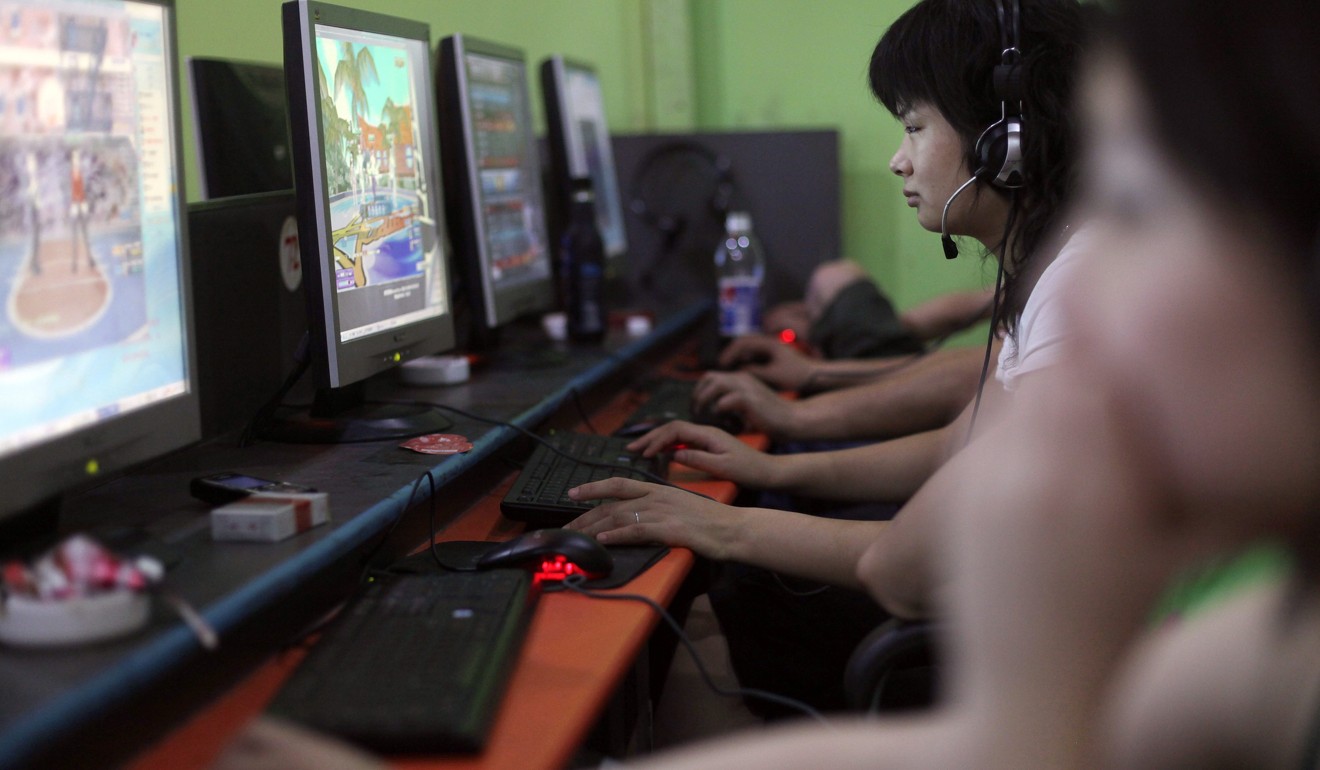
Parents snoop and track their children online more than you think, says survey
More than a quarter of parents use a device to track or monitor their kids’ online activity, a survey from Common Sense Media and Survey Monkey found.
It’s far more than the percentage of teens – 15 per cent – who think their parents are tracking or monitoring what they do online.
Whether all that snooping is effective seems unclear. Only 30 per cent of teens who responded to the survey said their parents were “extremely” aware or “very aware” of what they do online. By comparison, 52 per cent of parents believed they were very aware of their kids’ web activity.
“There’s a pretty big difference between parents who say they know and what kids say parents know,” said Michael Robb, director of research for Common Sense Media.
The online survey from Common Sense Media and SurveyMonkey was among a national sample of 884 teens ages 14-17 and 3,282 parents of teens.

Options for tracking kids’ online activities vary from tools for your router capable of tracking the websites users visit to apps letting you review your child’s smartphone call logs and text messages.
Devorah Heitner, author of the book Screenwise: Helping Kids Thrive (and Survive) In Their Digital World, suggests mentoring kids about best online practises instead of monitoring. If parents do choose to monitor, they should talk with their kids first.
“You have to really ask yourself what you think you’re going to learn by covertly monitoring your kid,” she said. “What’s your plan of action if you see something that concerns you?”
As smartphones and social media continue to infiltrate our daily lives, questions have surfaced over when it’s too young for kids to participate.
YouTube has been criticised for how it filters content following reports parents were able to find inappropriate videos on its YouTube Kids app.
Earlier this month, YouTube CEO Susan Wojcicki said “bad actors” were exploiting YouTube’s system.
Last week Facebook rolled out Messenger Kids, a version of its messaging app for the under-13 crowd. The app allows younger kids to have their own experience on Messenger, but controlled and monitored through their parents’ account.
Facebook is not the biggest worry for parents, however. Other findings from the survey:
Snapchat is the app that causes the most anxiety for parents. The survey found 29 per cent said the messaging apps makes them most nervous, followed by Facebook at 16 per cent.
Teens don’t like Facebook as much as Snapchat or Instagram. More than three-quarters of teens said they use both messaging apps, but only 49 per cent said they use Facebook, while 42 per cent said they use Twitter.

